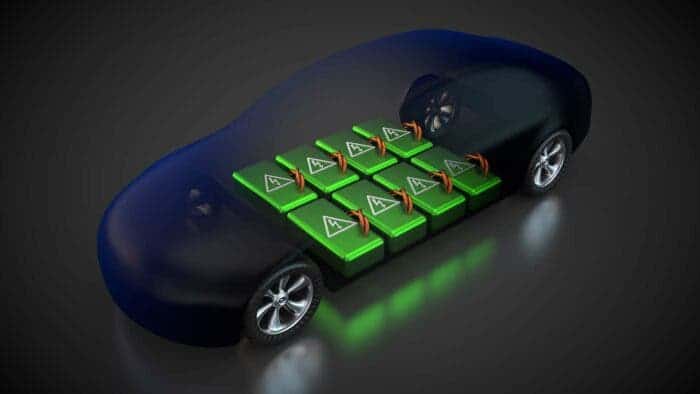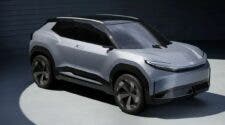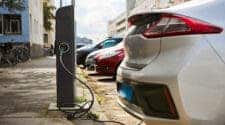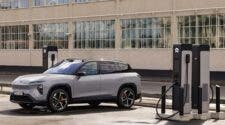Toyota, a pioneer in hybrid vehicles, is accelerating its electrification journey with a new line of batteries set to revolutionize the electric car industry. These batteries promise to enhance range and reduce charging times, addressing the core concerns of electric vehicle owners. In this article, we delve into Toyota’s groundbreaking battery technology and its implications for the future of electric mobility.
The Future of Electric Mobility: Toyota’s Revolutionary Battery Technology
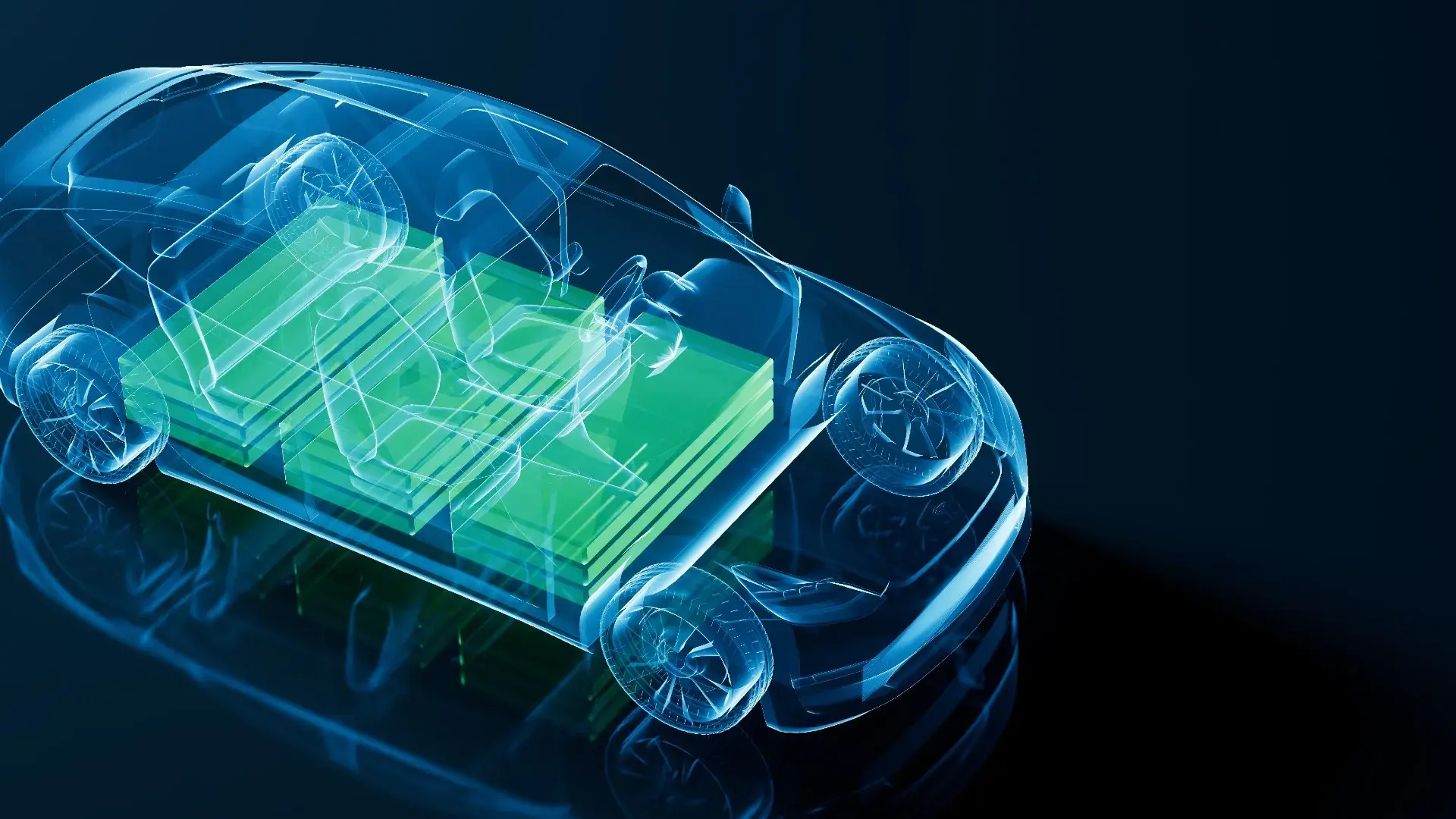
Performance Batteries: Power and Efficiency
Toyota is unveiling a game-changing battery lineup, starting with Performance batteries. These lithium-ion powerhouses boast an impressive range of over 800 kilometers, thanks to improved aerodynamics and reduced vehicle weight. Not only do they extend your driving range, but they also cut production costs by a remarkable 20% compared to Toyota’s current electric SUV, the bZ4X. Furthermore, these batteries offer rapid charging, going from 10% to 80% in just 20 minutes. Expect these high-performance batteries to hit the market in 2026.
Popularization Batteries: Affordable Quality
For those seeking an economical yet quality option, Toyota is introducing Popularization batteries. Utilizing lithium iron phosphate, these batteries provide a range exceeding 600 kilometers, a 20% boost compared to the bZ4X. Notably, they reduce costs by approximately 40%, making electric vehicles more accessible to a broader audience. Charging is also swift, with a 10% to 80% charge achieved in under 30 minutes. These batteries are slated for integration into Toyota vehicles between 2026 and 2027.
High-Performance Batteries: Pushing Boundaries
Taking electric power to new heights, Toyota presents its High-Performance batteries. These liquid electrolyte batteries combine lithium-ion and nickel to deliver an astonishing range of over 1000 kilometers. With optimized aerodynamics and vehicle weight reduction, these batteries promise exhilarating performance. Charging is a breeze, taking you from 10% to 80% capacity in just 20 minutes or less. Keep an eye out for these cutting-edge batteries, set to make their debut in 2027 or 2028.
Solid-State Batteries: A Leap in Durability
Toyota isn’t stopping there; they’re also introducing solid-state batteries, a potential game-changer in battery durability. These batteries, packed with lithium ions and solid electrolytes, offer rapid charging times, going from 10% to 80% in a mere 10 minutes or less. Moreover, they provide a range exceeding 1000 kilometers, ensuring you can embark on longer journeys with confidence. Expect the release of these solid-state batteries between 2027 and 2028.
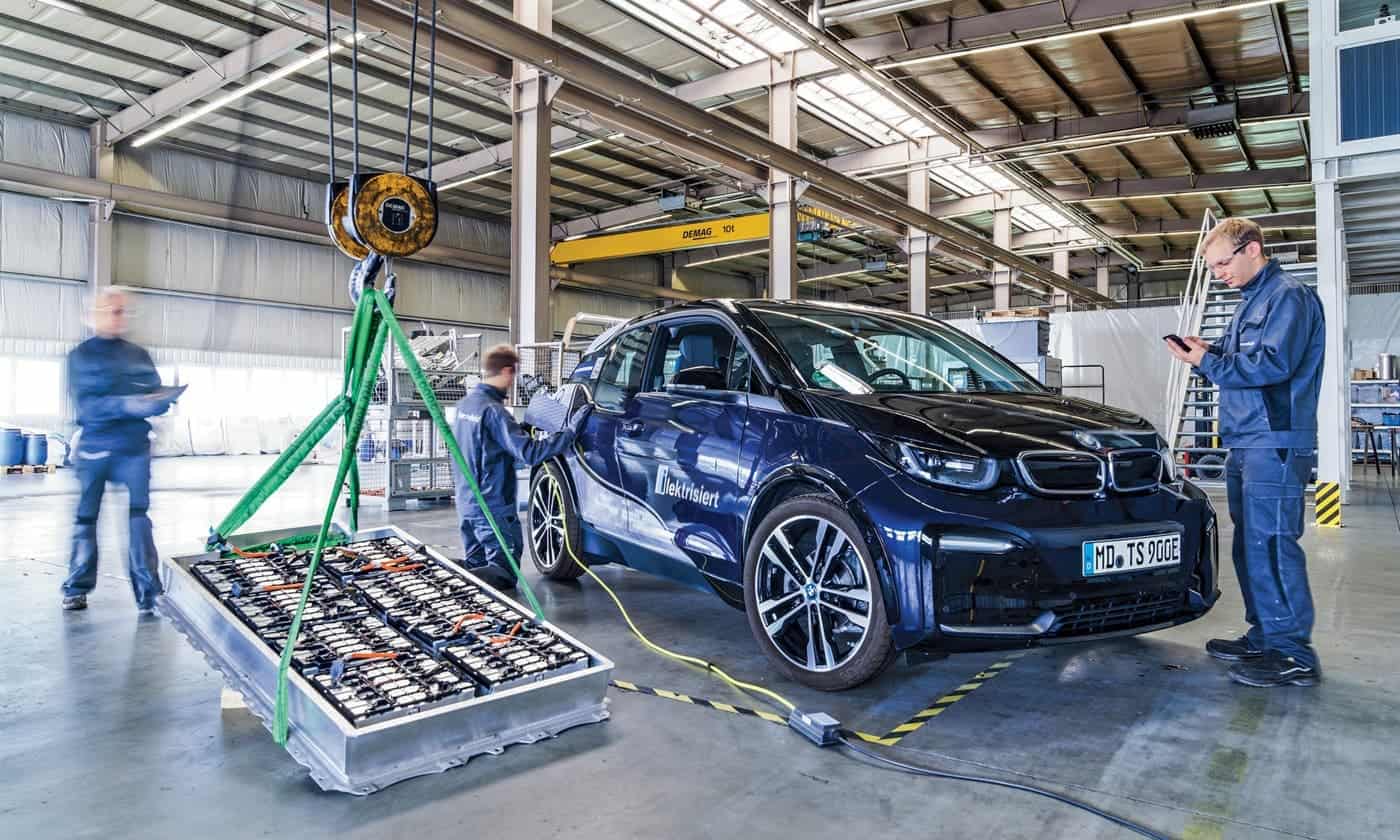
Second-Generation Solid-State Batteries: The Future Awaits
Looking ahead, Toyota is developing a second generation of solid-state batteries with even greater potential. These advanced batteries promise a range of 1200 kilometers or more, setting a new standard for electric vehicle autonomy. Although Toyota has not yet provided a specific timeline for their release, these batteries represent a promising step towards a more sustainable and efficient electric future.
Overall, Toyota’s commitment to electric mobility is stronger than ever, with the introduction of a groundbreaking battery lineup. From Performance batteries enhancing power and efficiency to Popularization batteries making electric vehicles more affordable, and High-Performance batteries pushing boundaries, Toyota is revolutionizing the electric car landscape. Moreover, solid-state batteries promise unmatched durability and swift charging, setting the stage for a future where electric vehicles are more accessible, efficient, and eco-friendly than ever before. Stay tuned for these innovative batteries, as they are set to reshape the future of transportation.
Implications for the Future of Electric Mobility
Toyota’s new generation of batteries has the potential to revolutionize the electric vehicle market. With longer range, faster charging times, and lower costs, these batteries could make electric vehicles more practical and affordable for everyone.
This could lead to a significant increase in the adoption of electric vehicles, which would have a number of positive benefits for the environment and public health. Electric vehicles produce zero emissions, so they can help to reduce air pollution and greenhouse gas emissions. This could lead to improved air quality and a healthier population.
In addition, electric vehicles are more energy-efficient than gasoline-powered vehicles. This means that they can help to reduce our reliance on fossil fuels and conserve natural resources.
Overall, Toyota‘s new generation of batteries is a very positive development for the future of electric mobility. These batteries have the potential to make electric vehicles more practical, affordable, and sustainable. This could lead to a significant increase in the adoption of electric vehicles, which would have a number of positive benefits for the environment and public health.

